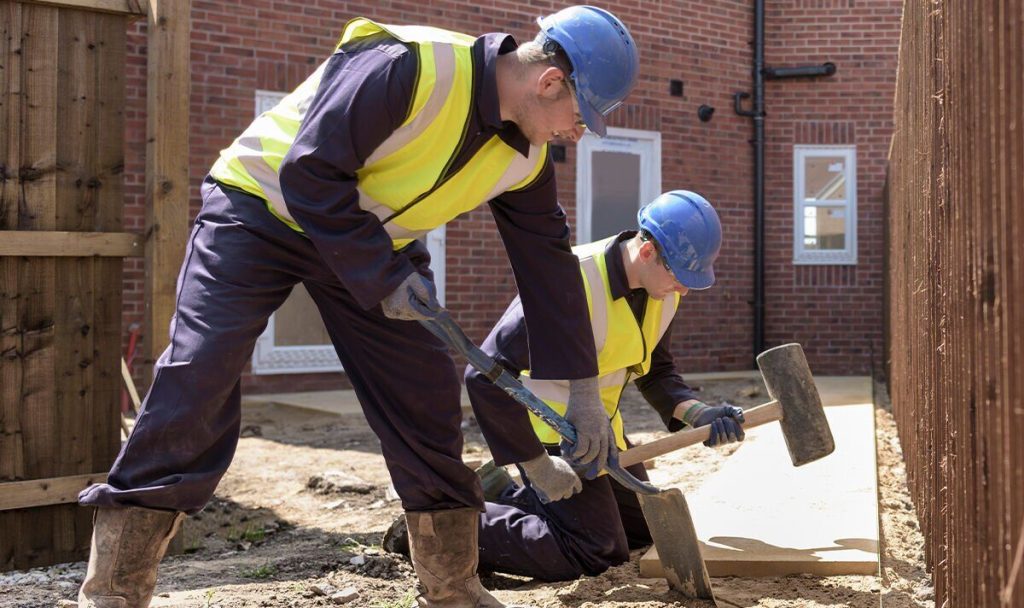
Many Britons face the frustration of paying towards their state pension all their life but then finding they can no longer work through ill health before they reach state pension age.
To level this disparity, some have suggested the idea of early access to the state pension for manual labourers.
Helen Morrissey, head of retirement analysis at Hargreaves Lansdown, told Express.co.uk it’s important for the Government to recognise not everyone can work until state pension age, when deciding who can access their pension when.
She said: “However, allowing certain groups, such as manual workers early access to their pensions would likely be very complex to deliver.
“What would the qualifying parameters be? Would you need to have worked a certain number of years in a manual occupation to qualify for instance? What if you changed roles?
“Such an approach would be hard to monitor and certainly be open to challenge by other groups unless it was to be adopted more widely.”
An independent review into the state pension age published last year suggested allowing those who have worked in physically demanding jobs to get early access to the state pension.
The report by Baroness Neville-Rolfe cited figures suggesting those in physically demanding or low paying sectors are six times more likely than professional or managerial workers to leave the workforce before reaching state pension age because of a sickness or disability.
Brad Banias, founder of Banias Law, said he has often seen the “inequities” that can result from a universal pension age.
He said: “Due to the physically intense nature of their work, I’ve dealt with cases where individuals have found themselves unable to continue their professions by their early sixties.
“The concept of a differential pension age system for people in strenuous jobs, then, could be a potential solution to consider.
“This system could be calibrated based on an individual’s line of work, socioeconomic status, overall health, and other relevant variables.”
But he said there are difficulties with how such a system would work and if others should also qualify for early access.
He explained: “For instance, a role that is mentally or emotionally taxing but not physically intensive could also argue for an early pension.
“Therefore, while introducing such a system could benefit some, it could inadvertently marginalise others, creating a new set of inequities.
“Similarly, introducing higher pension payments for individuals with certain illnesses or those who have worked in more labour-intensive professions could unintentionally disadvantage other groups.”
He pointed to the fact that the state pension is primarily intended to offer a basic level of financial security rather than acting as a corrective for disparities between different people.
The full new state pension is currently £203.85 a week, or £10,600 a year. A state pensioner who wants just a basic standard of living would need to find an extra £2,200 a year to get by, according to figures from the Pensions and Lifetime Savings Association.
Mr Banias said: “As we navigate the complexities of the pension system, we must aim for a comprehensive approach to revisions.
“A viable alternative could involve a mix of personal and employer-contributed pension plans during an individual’s working life, complemented by the state pension.
“This multi-pronged approach could potentially address workers’ diverse needs more effectively, paving the way for a secure future for all.”
For the latest personal finance news, follow us on Twitter at @ExpressMoney_.

 Latest Breaking News Online News Portal
Latest Breaking News Online News Portal




